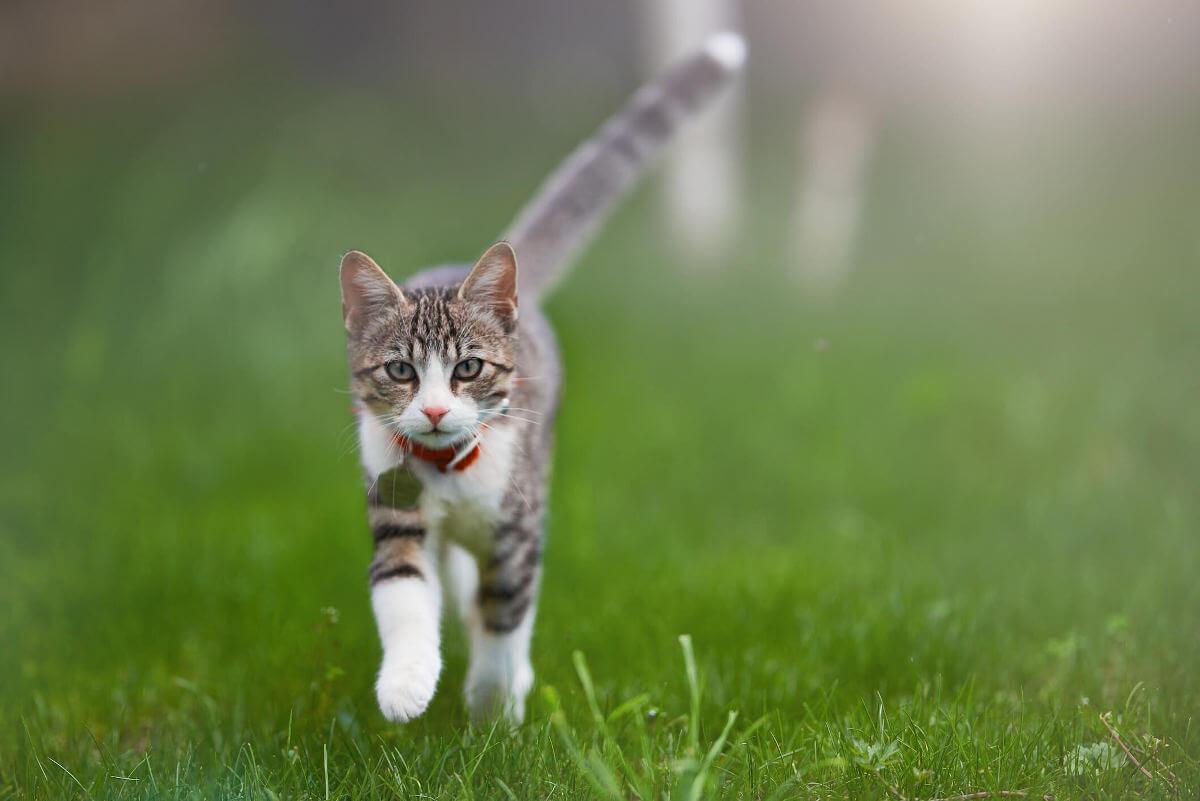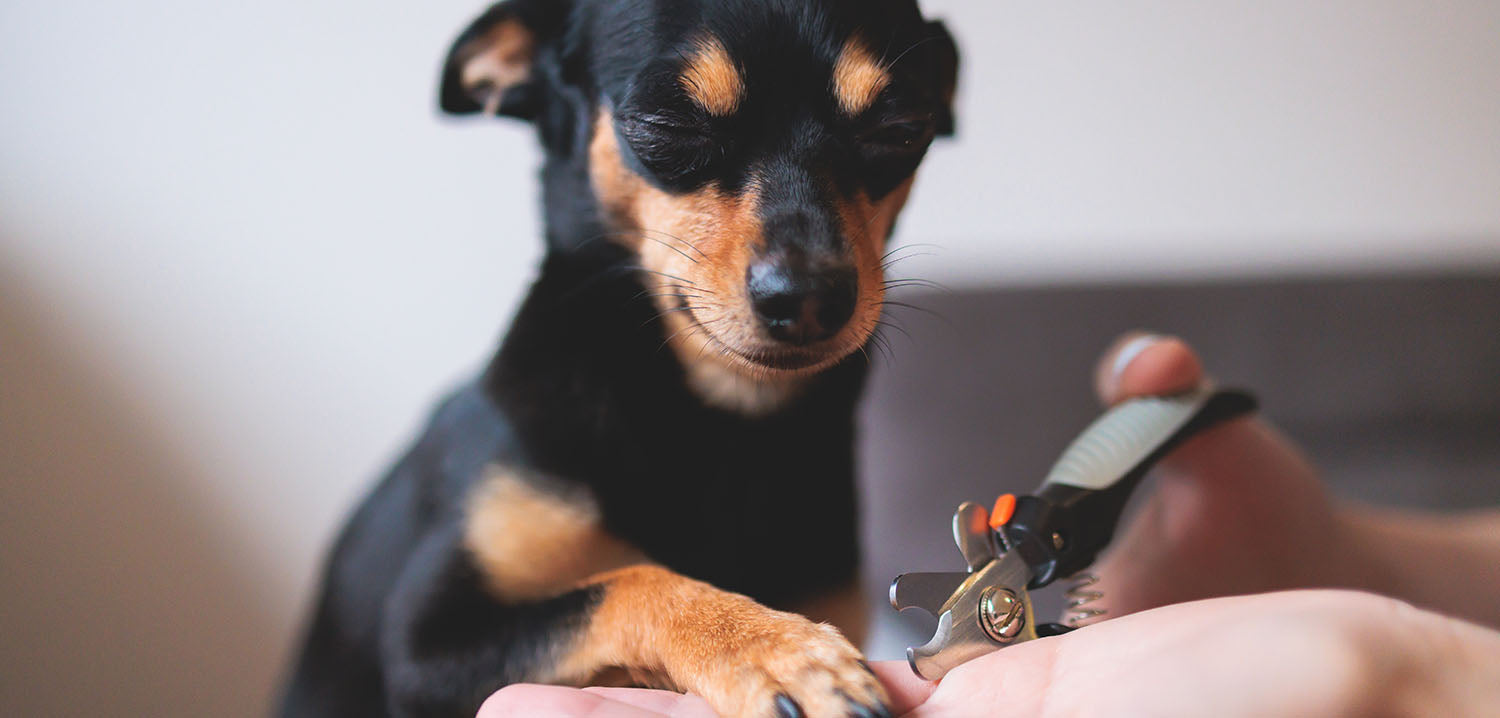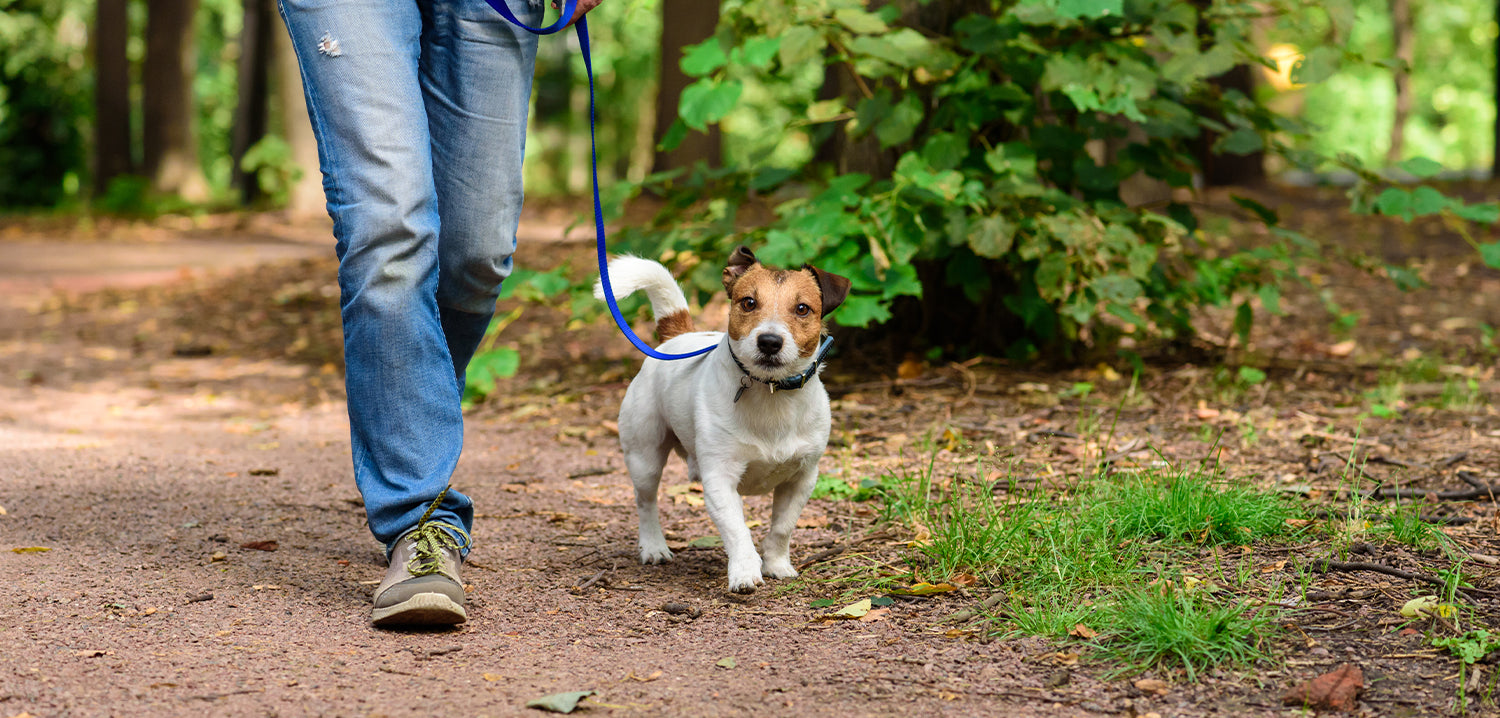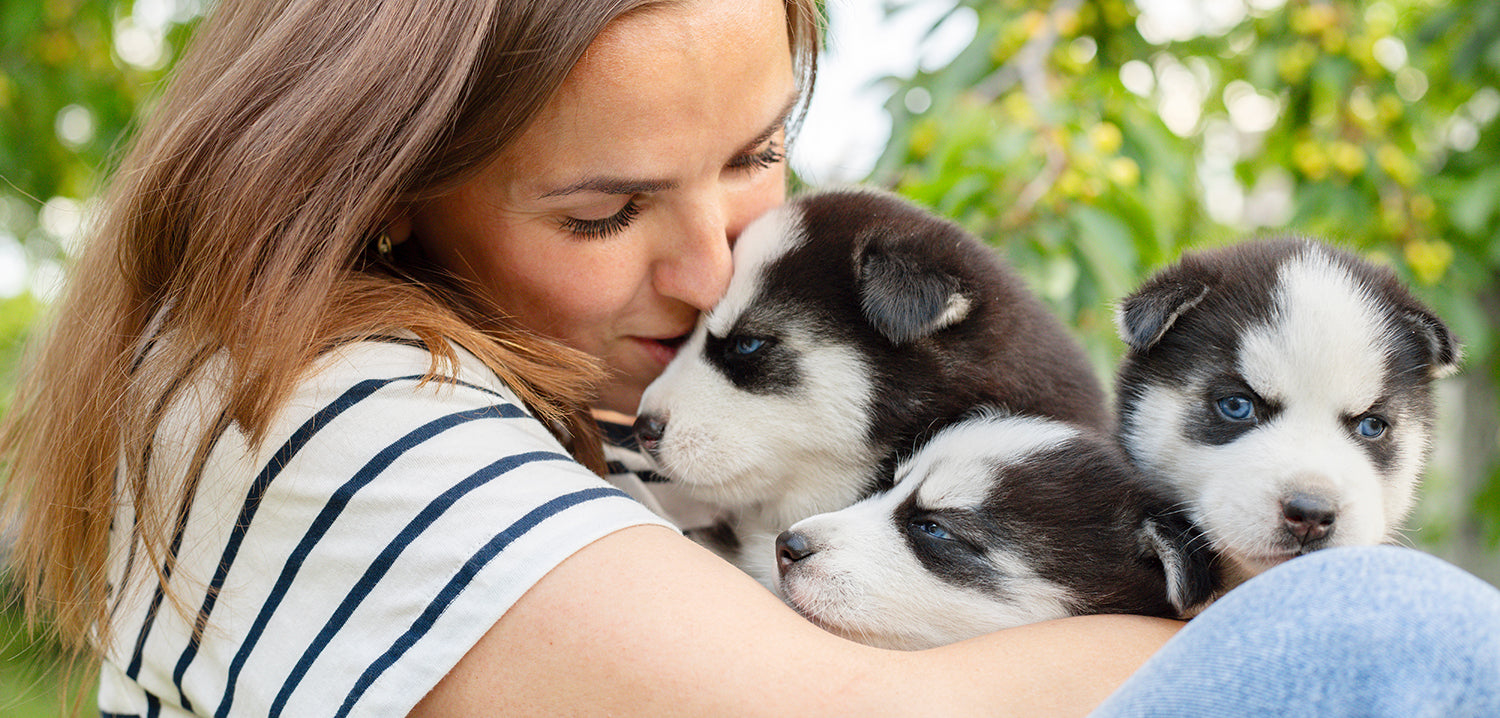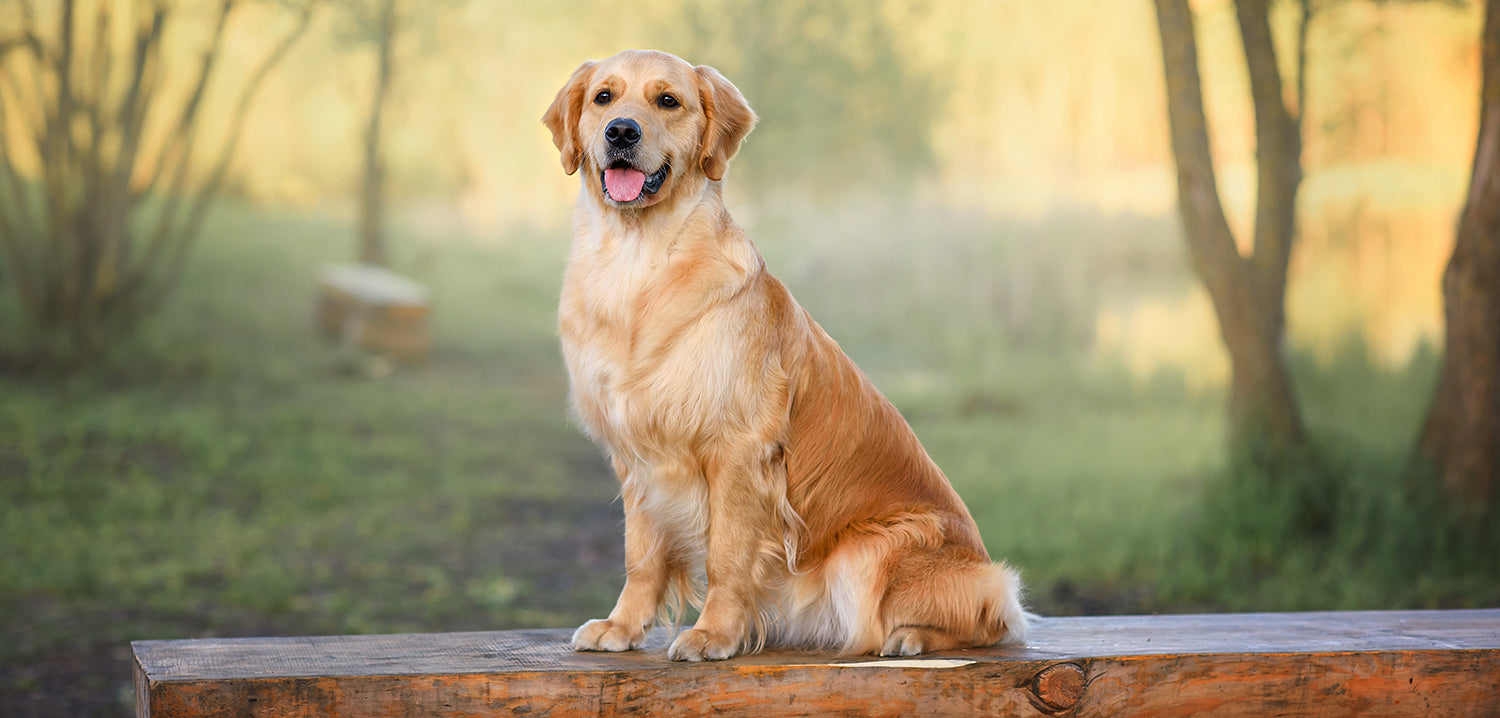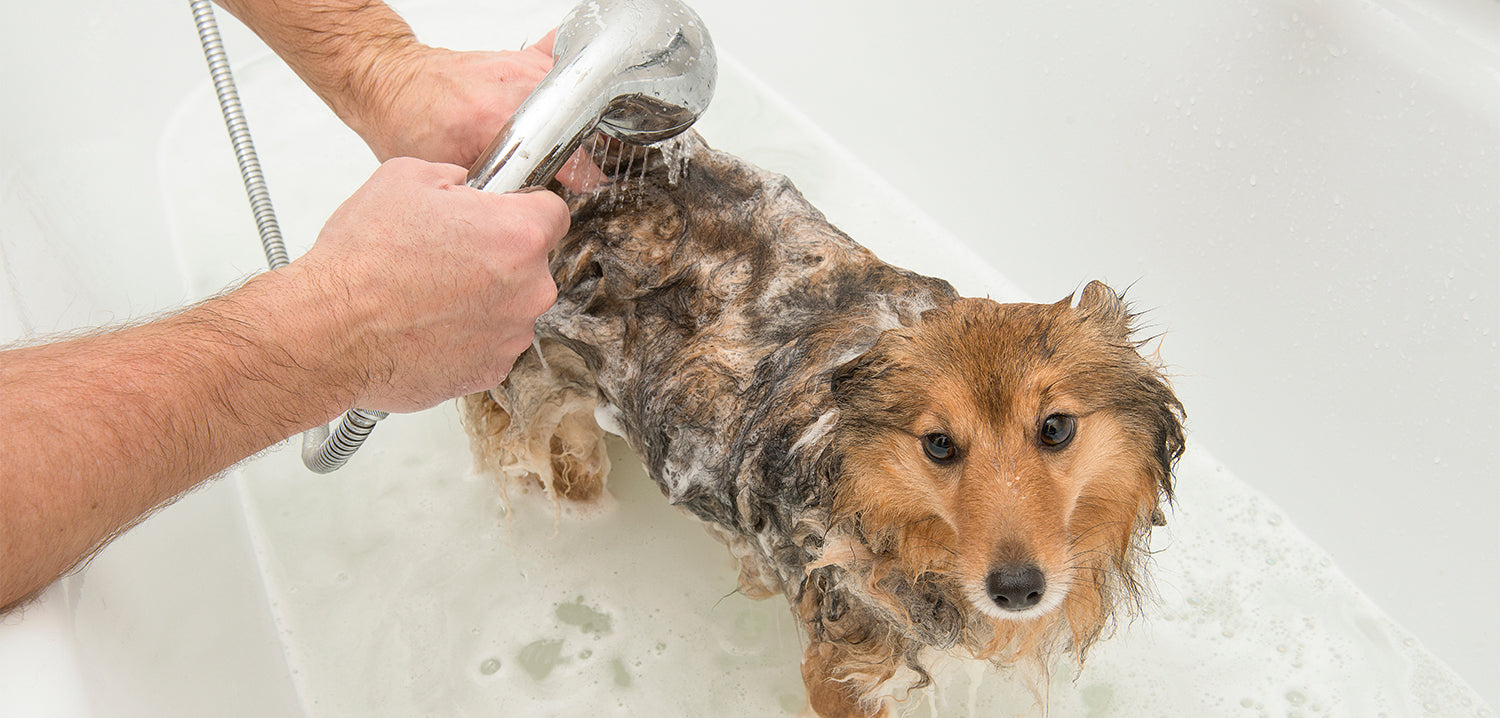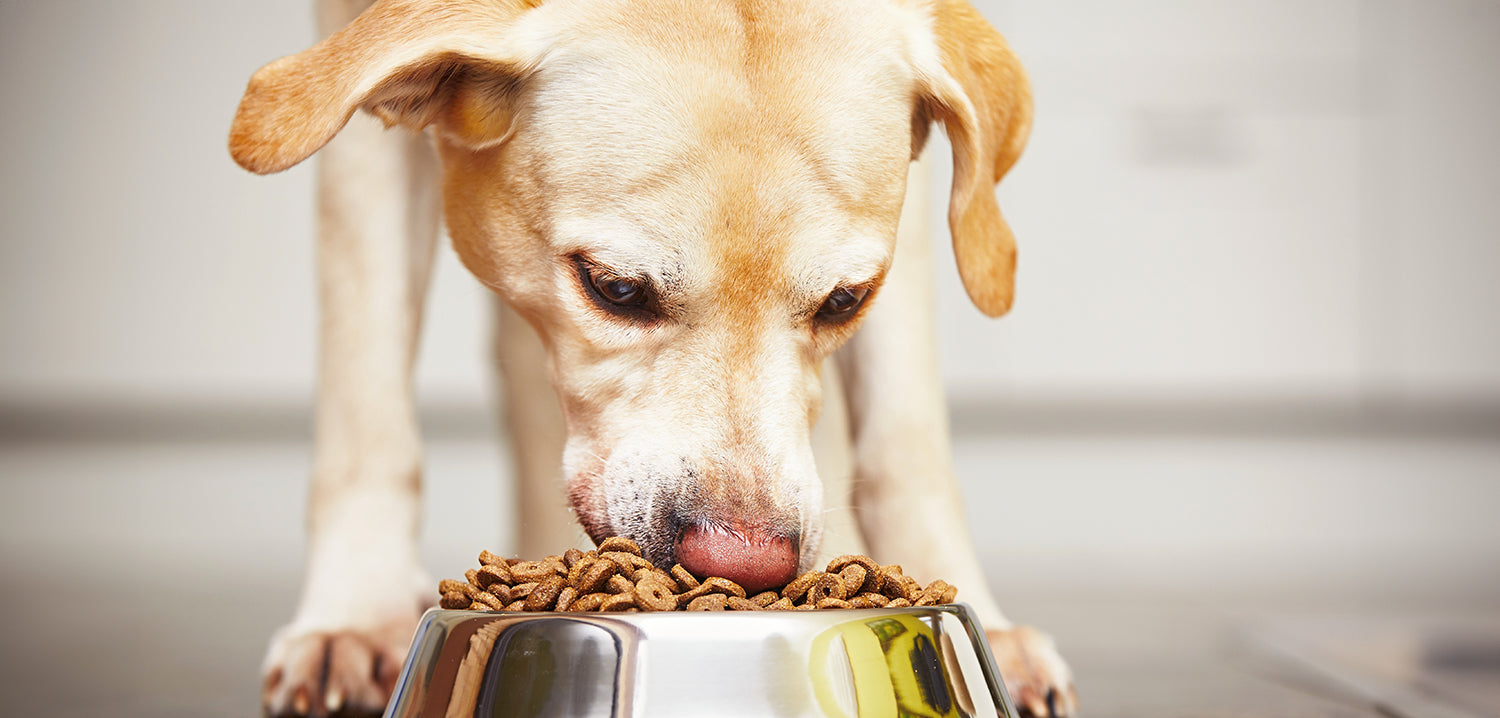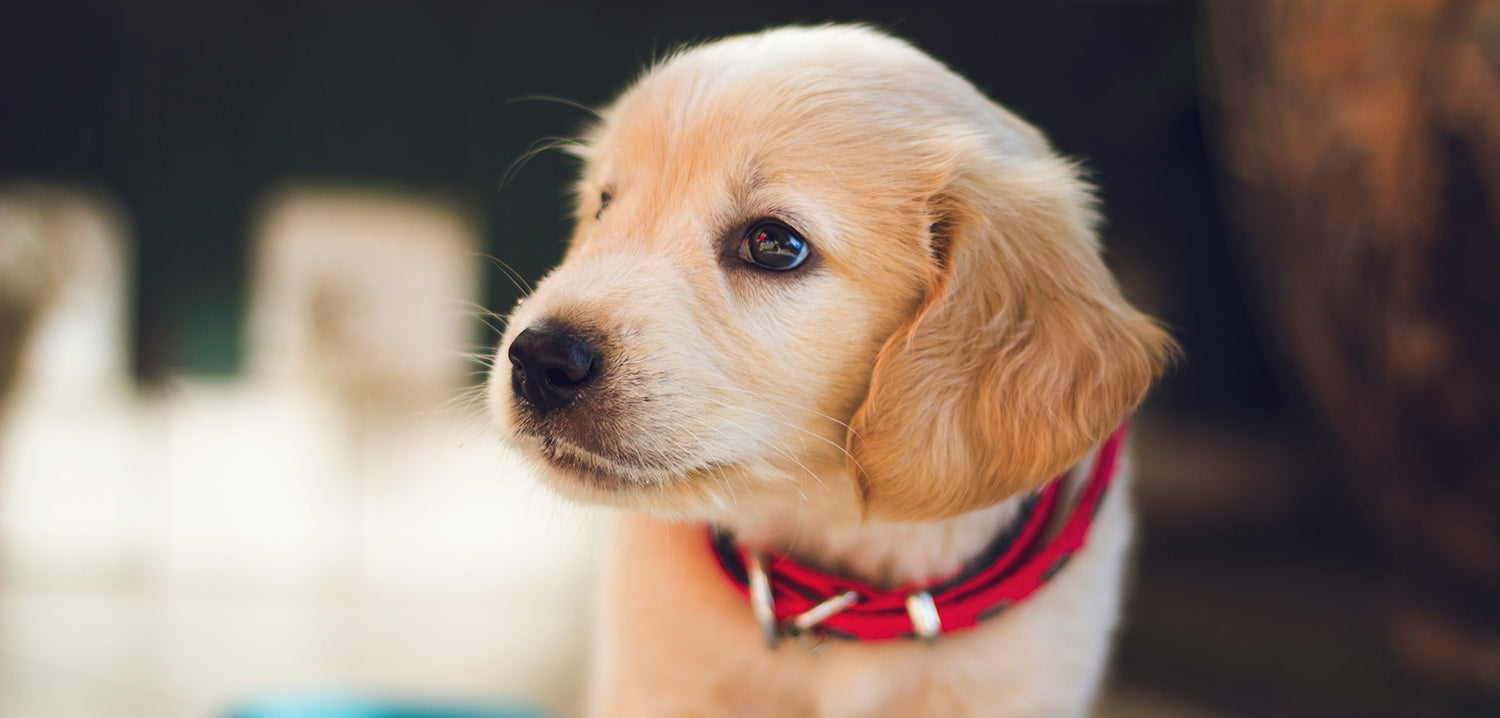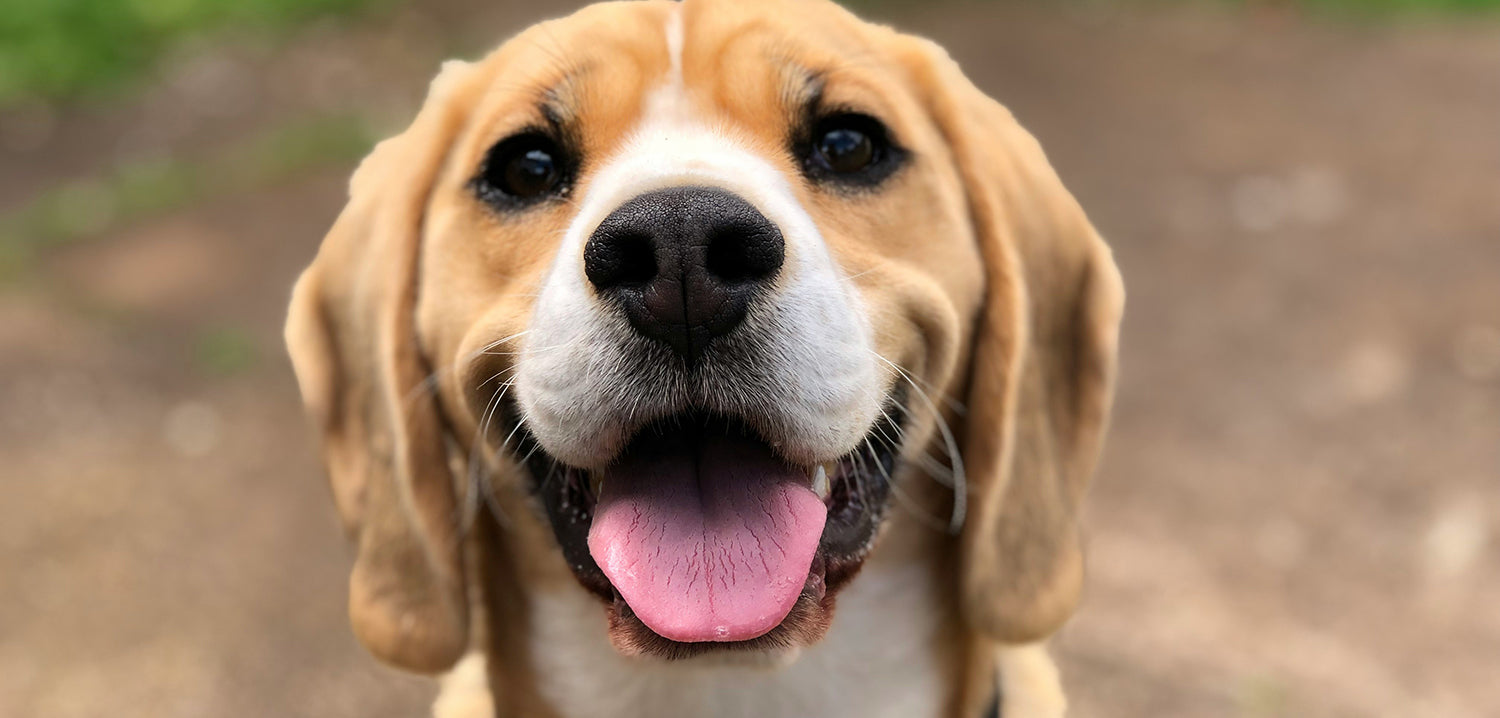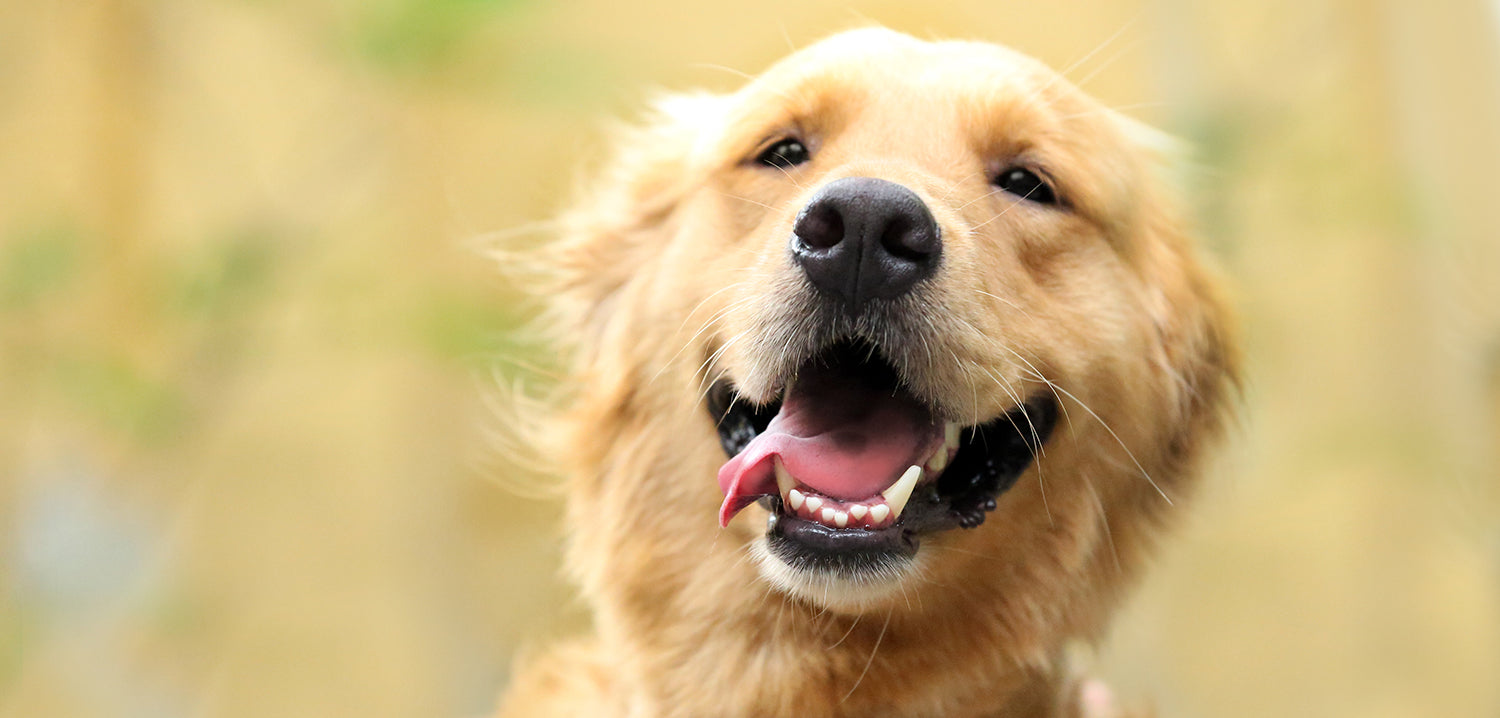For loving cat owners, their feline friends can do no wrong – apart from when they decide to regurgitate grass onto the carpet! While eating grass may seem strange to us, there are, in fact, reasons behind it. James Wellbeloved investigates…
WHY DO CATS EAT GRASS
There are several different reasons why cats may eat grass. To start with, grass is thought to aid their digestive system. Your sleepy house cat may not always seem like a vicious predator; however, cats are natural carnivores, whose diet in the wild would typically consist of small prey such as birds and mice. However, fibre is necessary for good stool consistency and maintaining healthy digestion, as the microflora in the large intestine are better able to digest these nutrients. This is why we include plant-based material in our cats’ diets. Cats eat their prey as they catch it – so that means the indigestible parts such as feathers, fur and bones all end up in their digestive tracts too, as well as any parasites their prey might have. To remedy this, cats purposely eat grass, which causes them to vomit. When they regurgitate the grass, other indigestible materials will also be removed. Similarly, eating grass can also help with regular bowel movements and help upset stomachs. As cats spend a lot of time fastidiously cleaning and washing themselves, a lot of hair ends up in their digestive system too. Eating grass and regurgitating it cleans out the hair and makes sure fur balls don’t end up further along the cat’s digestive tract. Although domesticated cats may not typically hunt and catch prey as much as their ancestors, their animal instinct to eat grass remains.
HEALTH BENEFITS
Cats may eat grass to settle their stomachs, especially if they are finding it hard to go to the toilet or have hair balls that they have been unable to regurgitate. Vegetation like grass contains fibre, which helps your cat’s digestive system to function better. Another potential reason why cats munch on grass is that grass plants contain folic acid, which is essential for a cat’s bodily functions and growth. Without folic acid, your cat would be unable to produce haemoglobin, a protein rich in iron which is vital for oxygen in the blood. Cats typically get folic acid from their mother’s milk, but once they are weaned they may seek it from other sources too, such as grass. There are other nutrients that cats need in their diet. You should make sure to feed your cat a diet rich in all the essential nutrients and vitamins they need to stay healthy. If you are unsure how much to feed your cat, always check with a veterinary expert.
STRESSED OUT CATS
If your cat is eating grass more often than usual or chewing other plants around the house, this could be a sign of stress or anxiety. If they are also exhibiting other stress-related behaviours such as excessive vocalisation, over-grooming, appear fearful or anxious, toileting in inappropriate places, or are more aggressive than usual, ask a vet for some advice.
INDOOR CATS
If your cat is an indoor kitty, or does not have regular access to outside, you may want to provide them with some indoor grass. Wheat or oat grass kits are great for indoor cats. You should also make sure that any plants or flowers you have inside the house are not toxic for cats if accidentally ingested. Similarly, if your cat eats grass outdoors, make sure no chemicals or pesticides are used on it, as these can be toxic for animals. If you suspect your cat may have ingested unsafe grass or plants, contact a vet immediately.
